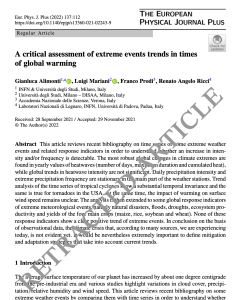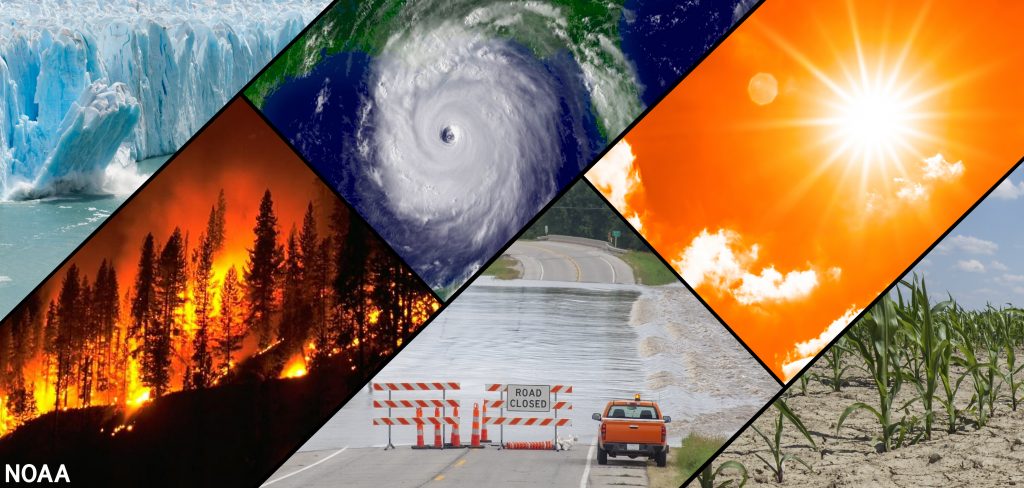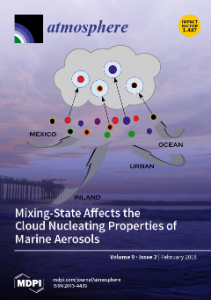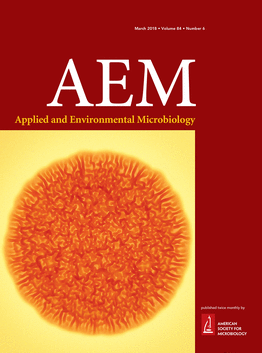An interdisciplinary journal says it will take “corrective actions” on a paper following a thorough investigation on a paper for which one author used ChatGPT to update the references.
Krithika Srinivasan, an editor of Environment and Planning E: Nature and Space and a geographer at the University of Edinburgh, in Scotland, confirmed to Retraction Watch her journal is finalizing what actions need to be taken. After the probe concluded, Srinivasan says she submitted her recommendations to Sage, the journal’s publisher, who will take actions in line with their policy.
What’s clear from the probe, she says, is that “none of the incorrect references in this paper were ‘fabricated’ in the sense of being made up or false.” She notes that the original manuscript was submitted to the journal with the correct references but “the errors were generated when one of the other authors (without the knowledge of the submitting author) used chatGPT (instead of regular referencing software) to insert the citations and reference list.”
Continue reading Journal taking ‘corrective actions’ after learning author used ChatGPT to update references



 The wheels of scientific publishing turn slowly … but they do (sometimes) turn.
The wheels of scientific publishing turn slowly … but they do (sometimes) turn.


 Title:
Title:  A biology journal has retracted a 2011 paper after the
A biology journal has retracted a 2011 paper after the